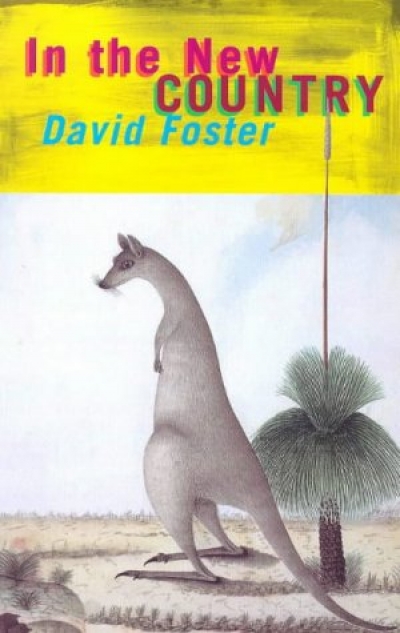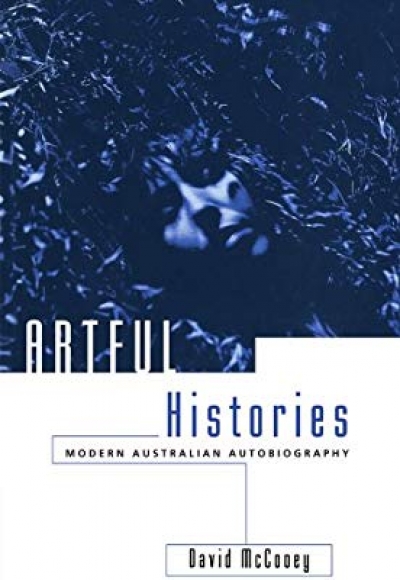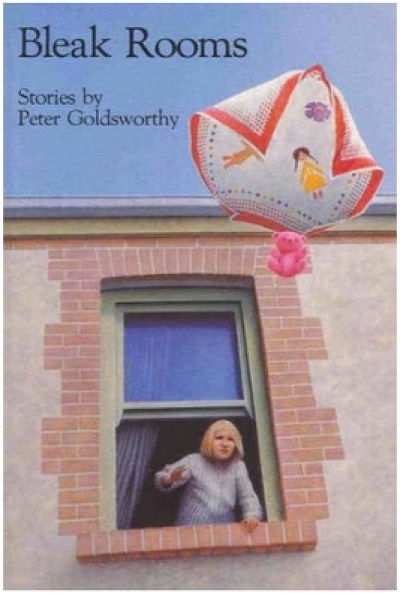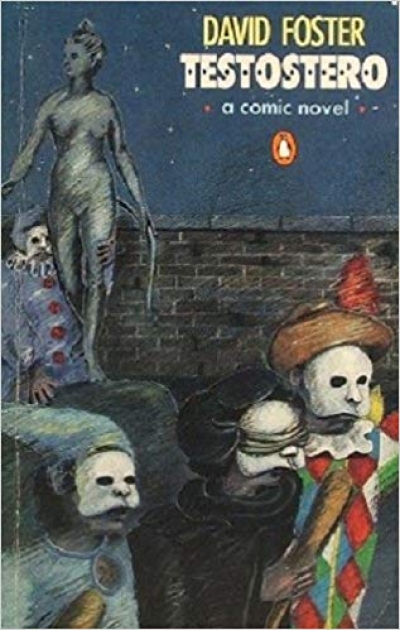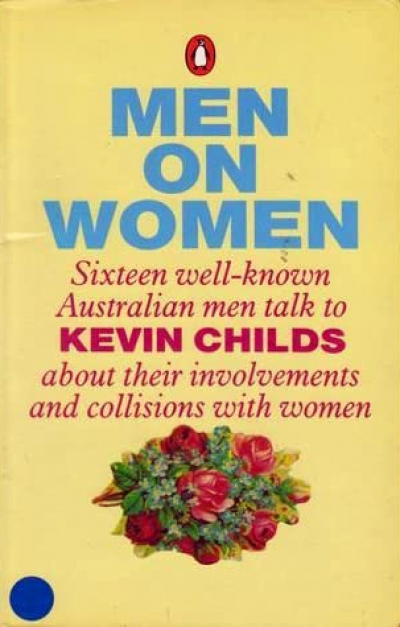Susan Lever
Travelling to the Association for the Study of Australian Literature (ASAL) conference on the morning tram, I marvel at Melbourne’s sophistication and self-regard. In Swanston Street, new sculptures honour John Brack’s satire of Melbourne’s regimented workers, while in front of the State Library there’s a classical portal half buried in the pavement, as if the ancient world lies below. At the Trades Hall in Carlton, the framed wall directory is ‘Heritage Only’, so I follow the photocopied paper arrows to the conference venue. There’s more historical self-consciousness here than in the new National Museum in Canberra. Banners assert the importance of eight hours’ work, recreation and rest, and there is a massive socialist realist representation of good Australian workers toiling to keep the country alive. We’re in the sacred place of the Left: Frank Hardy, Stephen Murray-Smith, Judah Waten surely haunt us here.
... (read more)
